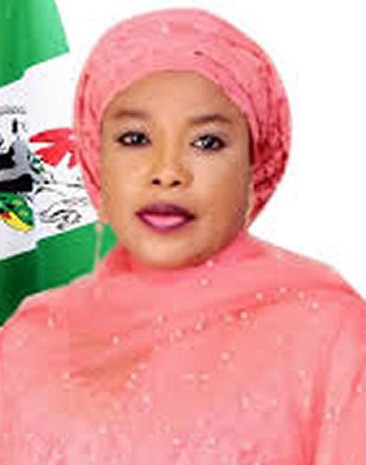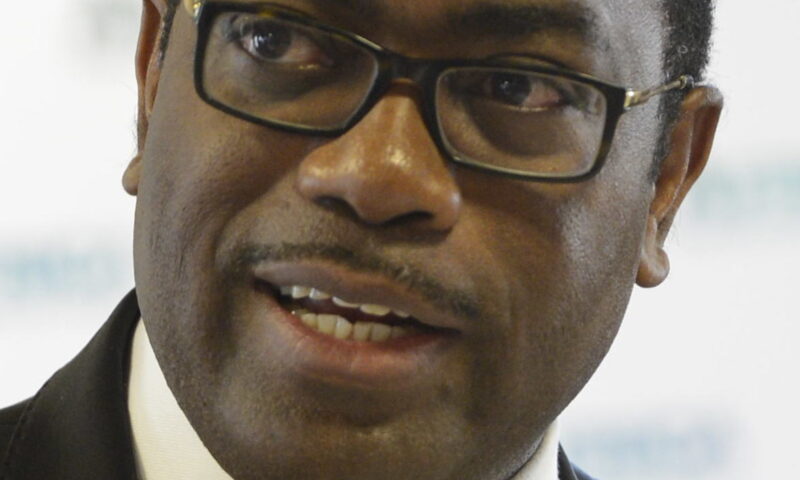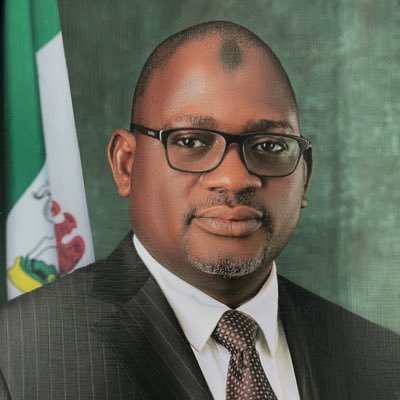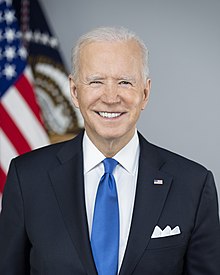FCT Minister of State, Ramatu Tijjani Aliyu to get award in Germany tomorrow
By Favour Nnabugwu
The Minister of State for the Federal Capital Territory (FCT), Dr Ramatu Tijjani Aliyu, will be honoured in Berlin, Germany tomorrow
The Award/Gala Night, at which the 52-year-old minister will be bestowed with an award for excellence in public service, will take place at the prestigious Sana Hotel in central Berlin. Located about 700m from the highbrow department store KaDeWe.
The event, organised jointly by the African-German Association (AGA) e.V. and ABG Paulas Germany GmbH, is to recognise the minister for being a shining example of successful women in government in Africa.
“This is based on her distinguished leadership style and the innovations she has introduced in the FCT,” AGA and ABG Paulas said in a joint press statement explaining their decision to choose the minister for the award.

L- Ambrose Okojie (right), Minister of State for the Federal Capital Territory (FCT) of Nigeria, Dr Ramatu Tijjani Aliyu (2nd from left), and officials of ABG Paulus when a delegation went to Abuja to inform the minister of the decision to honour her/Photo: ABG Paulus
Mrs Aliyu will be accompanied on her visit to Berlin by a delegation that includes senior officials of the FCT and the chairpersons of its six Area Councils.
The event, organised jointly by the African-German Association (AGA) e.V. and ABG Paulas Germany GmbH, is to recognise the minister for being a shining example of successful women in government in Africa.
“This is based on her distinguished leadership style and the innovations she has introduced in the FCT,” AGA and ABG Paulas said in a joint press statement explaining their decision to choose the minister for the award.
Mrs Aliyu will be accompanied on her visit to Berlin by a delegation that includes senior officials of the FCT and the chairpersons of its six Area Councils.
The Award/Gala Night is a partnership between AGA, a social, economic and cultural development organisation, and ABG Paulas, a business promotion company, to showcase positive stories out of Africa.
The CEO of ABG Paulas, Ambrose Okojie stated the negative stories about Africa can only be counteracted by showing positive things going on in the continent.
“Despite the often-repeated problems in Africa, people are working tirelessly to change the story of the continent,” Okojie said. “And we have to showcase such persons as emblems of hope for Africa.”
Okojie, whose company has been organising trade missions between Nigeria and Germany for more than twenty years, said the investment opportunities in Africa are many and the award scheme is one of the ways ABG Paulus and AGA want to promote the continent as a place to do business and invest.
The Chairman of AGA, Michael Iyare revealed his organisation is co-staging the event because “it’s important to honour Africans who have shown remarkable leadership qualities in their areas of service”.
The ceremony will be graced by the Ambassador of Nigeria to Germany, HE Yusuf Maitama Tuggar, members of the diplomatic corps in Berlin and directors of German companies doing business in Africa.
Others expected event at the event include the African businessmen and women, leaders of major German-African organisations and members of the African community.
“Our main appeal to those interested in this event is that they should be punctual as we will commence promptly at 6pm because of the many dignitaries who will grace the occasion,” Okojie said. “If you would like to join us, please be there on time!”










